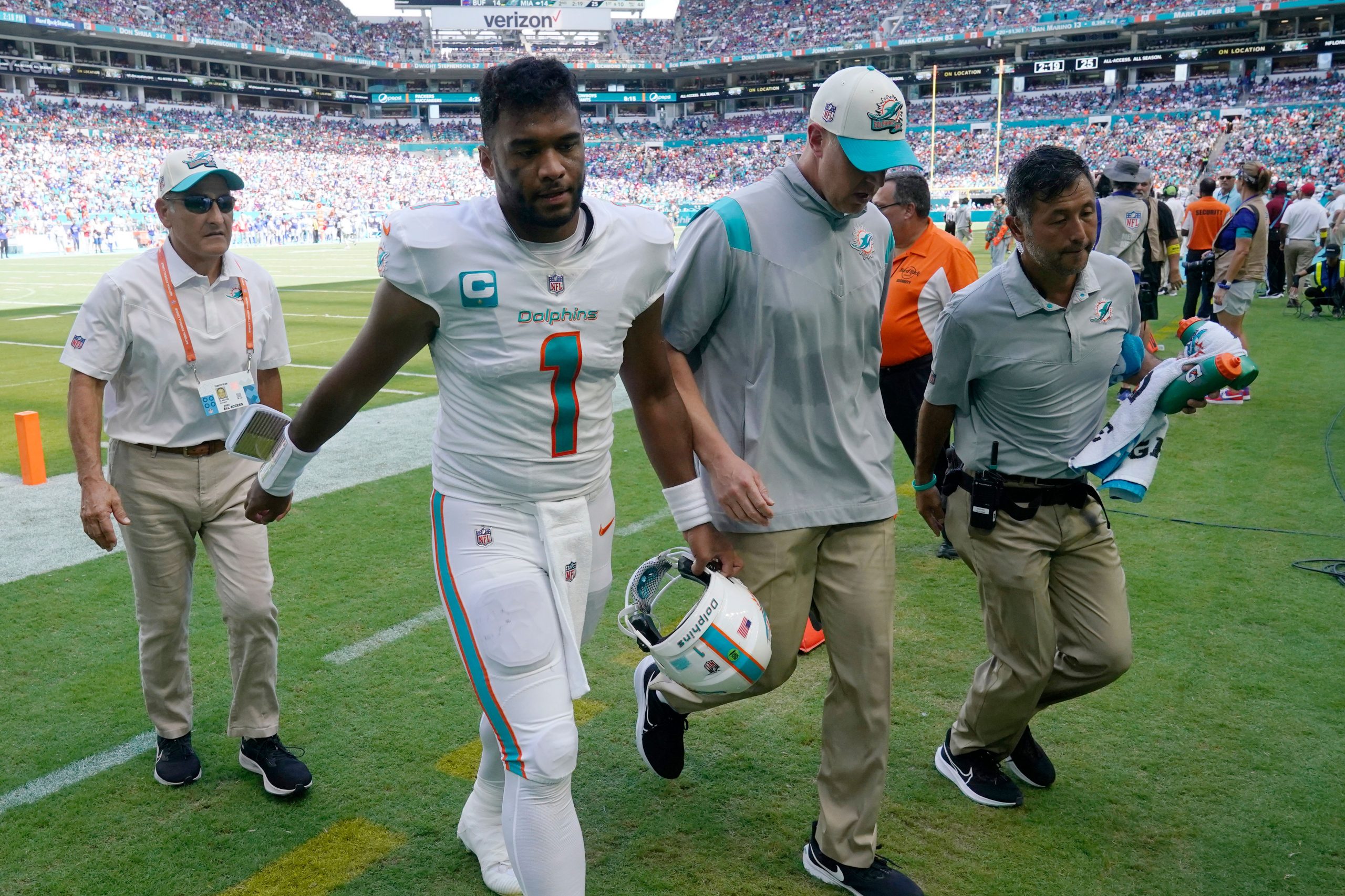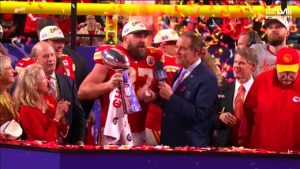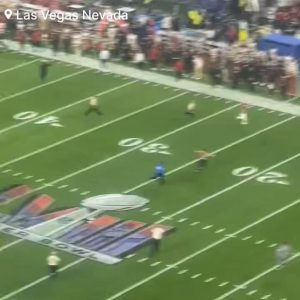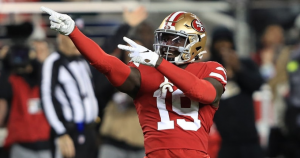It’s being called the “Tua Rule.” As Miami Dolphins quarterback Tua Tagovailoa returned to play after three weeks, the amendments made to NFL’s concussion protocols are in focus.
Tua Tagovailoa was hit hard on the head in Week 3 against the Buffalo Bills. He fell to the ground and staggered when he got up to briefly leave the field, before returning to finish the game. Four days later, during Thursday night football against the Cincinnati Bengals, he was injured again. This time he was carried out on a stretcher and taken in an ambulance to a hospital.
Also Read: Watch: Miami Dolphins QB Tua Tagovailoa scores TD in return vs Pittsburgh Steelers
Amid the huge public outcry that Tua was allowed to come back and finish the game against the Bills and only days later play the Bengals, arose the demand to change the NFL’s concussion rules to protect players better. The neurologist who had cleared Tua to play was sacked.
The updated protocol, enforced in week 5, includes the Tua Rule or the provision that ataxia – defined as “abnormal balance/stability, motor coordination, or dysfunctional speech caused by a neurological problem” – will be a ‘no-go’ symptom, mandating that the injured player be immediately barred from playing and that he must receive follow-up care in concussion protocol.
Dolphins backup quarterback Teddy Bridgewater had to leave the field after just one play against the New York Jets in Week 5 after he was tackled down into the field by Jets’ Ahmad ‘Sauce’ Gardner. An ATC Spotter present at the game determined that the QB had instability in getting up and was removed from the game due to the Ataxia provision.
Also Read: NFL 2022: Top wide receivers in Week 7
The Mayo Clinic defines ataxia as “poor muscle control that causes clumsy voluntary movements. It may cause difficulty with walking and balance, hand coordination, speech and swallowing, and eye movements.”
“After I got tackled, I don’t remember much from there,” Tagovailoa said. “Getting carted off, I don’t remember that,” he was quoted as saying after recovering from the injury.
“But I do remember things that were going on when I was in the ambulance and then when I arrived at the hospital, ” he added.







